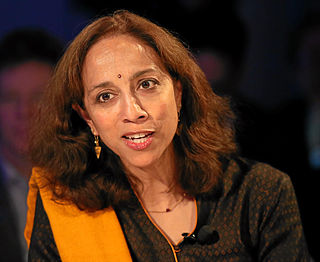A Quote by Ramez Naam
You have to be able to generate usable energy without greenhouse gas emissions and you have to be able to do it cheaply if you want people to choose that approach.
Related Quotes
'Scientific' computer simulations predict global warming based on increased greenhouse gas emissions over time. However, without water's contribution taken into account they omit the largest greenhouse gas from their equations. How can such egregious calculation errors be so blatantly ignored? This is why man-made global warming is 'junk' science.
Health care in the United States is responsible for a tremendous amount of waste and a significant amount of greenhouse gas emissions. For every hospital bed, the American health care system produces about 30 pounds of waste every day; over all, it accounts for about 10 percent of national greenhouse gas emissions.
There'll come a time when airplanes are much more efficient when it comes to producing lower levels of greenhouse gas emissions, there'll come a time when we'll be able to offset those emissions much more effectively than we do now. But alas at the moment, flying airplanes is really one of the least defensible things that we do and it's one of the things that I indulge in quite frequently, alas.
We need to remind ourselves that our ultimate goal is not to reduce greenhouse gases or global warming per se but to improve the quality of life and the environment. We all want to leave the planet in decent shape for our kids. Radically reducing greenhouse gas emissions is not necessarily the best way to achieve that.
The horn of dilemma of energy politics is what really drives concern about this energy in this country, at the gut level for most people, is high gas prices. And if you really want to fight global warming and try to reduce our carbon emissions, the cleanest, easiest, most rational way to do it would to make the price of gas even higher through very stiff gas prices.



































